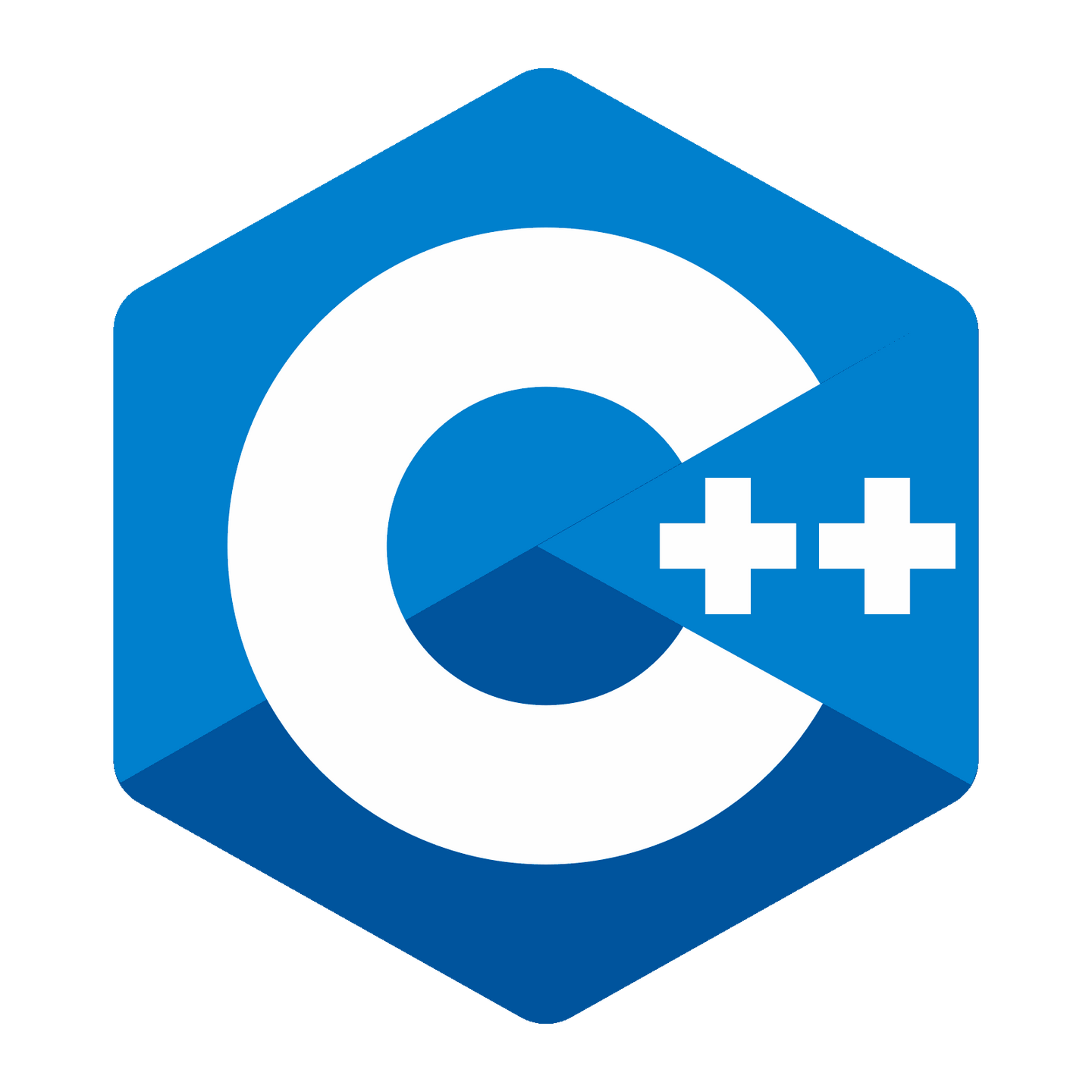
在C++中遍历文件夹下的所有文件,有多种方法,取决于你使用的平台和标准库版本。以下是几种常用且实用的方式。
使用 C++17 的 std::filesystem(推荐)
从C++17开始,标准库引入了std::filesystem,可以跨平台地遍历目录,非常方便。
示例代码:
立即学习“C++免费学习笔记(深入)”;

拍客竞拍系统是一款免费竞拍网站建设软件,任何个人可以下载使用,但未经商业授权不能进行商业活动,程序源代码开源,任何个人和企业可以进行二次开发,但不能以出售和盈利为目的。安装方法,将www文件夹里面的所有文件上传至虚拟主机,在浏览器执行http://你的域名/install.php或者直接导入数据库文件执行。本次升级优化了一下内容1,程序和模板完美分离。2,优化了安装文件。3,后台增加模板切换功能。
#include如果只想获取文件(排除子目录),可以加判断:#include int main() { std::string path = "your_folder_path"; // 替换为你的文件夹路径 for (const auto &entry : std::filesystem::directory\_iterator(path)) { std::cout << entry.path() << std::endl; } return 0; }
if (entry.is\_regular\_file()) {
std::cout << "File: " << entry.path().filename() << std::endl;
}
编译时需要启用C++17并链接stdc++fs(部分编译器需要):
g++ -std=c++17 your\_code.cpp -lstdc++fs
Windows 平台:使用 Win32 API
在Windows下,可以用FindFirstFile和FindNextFile来遍历文件夹。
示例代码:
立即学习“C++免费学习笔记(深入)”;
#include注意过滤 "." 和 ".." 目录:#include int main() { WIN32\_FIND\_DATAA data; HANDLE hFind = FindFirstFileA("C:\\your\\folder\\*", &data); if (hFind == INVALID\_HANDLE\_VALUE) { std::cout << "Cannot open directory." << std::endl; return 1; } do { std::cout << data.cFileName << std::endl; } while (FindNextFileA(hFind, &data)); FindClose(hFind); return 0; }
if (strcmp(data.cFileName, ".") == 0 || strcmp(data.cFileName, "..") == 0)
continue;
Linux/Unix:使用 dirent.h
在Linux系统中,常用示例代码:
立即学习“C++免费学习笔记(深入)”;
#include同样可以跳过"."和"..":#include int main() { DIR *dir; struct dirent *ent; if ((dir = opendir("your_folder_path")) != nullptr) { while ((ent = readdir(dir)) != nullptr) { std::cout << ent->d\_name << std::endl; } closedir(dir); } else { std::cerr << "Could not open directory" << std::endl; return 1; } return 0; }
if (strcmp(ent->d\_name, ".") == 0 || strcmp(ent->d\_name, "..") == 0)
continue;
递归遍历子目录
若需递归进入子文件夹,使用std::filesystem最简单:
for (const auto &entry : std::filesystem::recursive\_directory\_iterator(path)) {
if (entry.is\_regular\_file()) {
std::cout << "File: " << entry.path() << std::endl;
}
}
其他平台需手动判断是否为目录,并递归调用函数。
基本上就这些。现代C++优先使用std::filesystem,简洁安全。旧项目或特定平台可选原生API。关键是根据编译环境选择合适方法。不复杂但容易忽略细节,比如权限、路径格式和隐藏项处理。






























